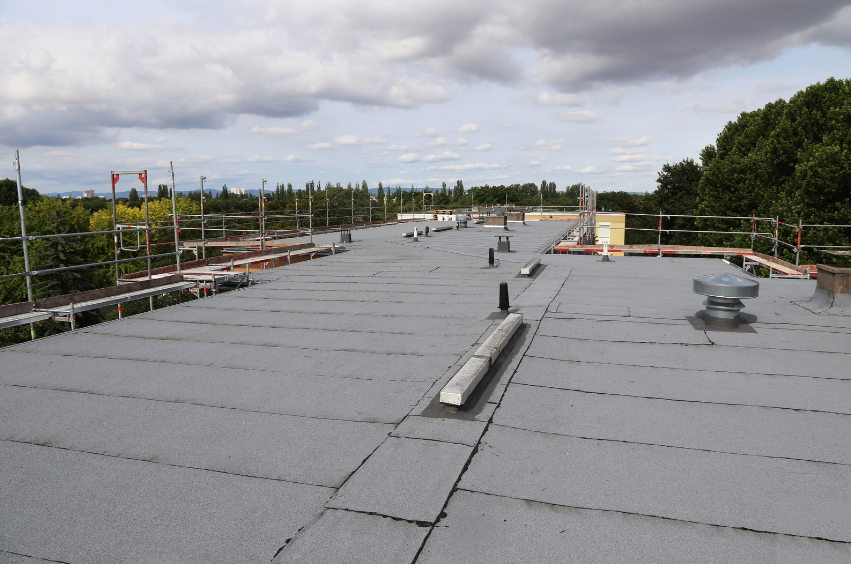
Transforming Outdoor Spaces with Turf Artificial Grass Philippines
Turf artificial grass Philippines is becoming the go-to solution for

Waterproofing is a crucial aspect of property maintenance that often goes unnoticed until it’s too late. Effective waterproofing can prevent severe water damage and costly repairs, making it an essential investment for homeowners and property managers. Understanding the top benefits of professional waterproofing services can help you appreciate their value and make informed decisions about protecting your property.
Professional waterproofing services play a vital role in safeguarding your property from water damage. Waterproofing solutions are designed to prevent water infiltration, which can compromise the structural integrity of your building. By addressing potential weak spots, waterproofing not only maintains the strength of your structure but also helps in preventing mould and mildew growth. This is crucial for maintaining a healthy living environment and avoiding expensive repairs related to water damage.
One of the significant benefits of professional waterproofing is the enhancement of your property’s value. Properties with effective waterproofing systems are more attractive to potential buyers, as they offer peace of mind regarding water-related issues. Waterproofing can also improve the overall curb appeal of your property, making it stand out in the market. Investing in high-quality waterproofing can thus be a smart move to increase the resale value and market appeal of your property.
Investing in professional waterproofing services can lead to substantial cost savings over time. Proper waterproofing prevents water damage that could require extensive and costly repairs. By addressing issues before they escalate, waterproofing helps avoid significant repair costs related to structural damage and mould remediation. Additionally, waterproofing can enhance energy efficiency by preventing dampness that can lead to higher heating and cooling costs. Thus, waterproofing proves to be a cost-effective solution in the long run.
Waterproofing contributes significantly to improving indoor air quality. By preventing moisture infiltration, waterproofing reduces the risk of damp conditions that can foster the growth of mould and mildew. These fungi can negatively impact indoor air quality, leading to health problems such as allergies and respiratory issues. Effective waterproofing thus ensures a healthier living environment by maintaining better air quality and reducing potential health risks associated with dampness.
The longevity of your building can be greatly improved through professional waterproofing. By protecting your property from water damage, waterproofing helps maintain the durability of construction materials and reduces the frequency of maintenance. Buildings with proper waterproofing are better equipped to withstand environmental factors such as heavy rain and humidity, leading to a longer lifespan and less need for extensive repairs.
Investing in professional waterproofing services offers significant peace of mind. Knowing that your property is protected from potential water damage provides a sense of security and reduces stress related to maintenance concerns. Waterproofing ensures that you can enjoy your property without worrying about the implications of water-related problems, making it a valuable investment for both mental and financial well-being.
Professional waterproofing services offer numerous benefits, including protection from water damage, increased property value, cost savings on repairs, improved indoor air quality, enhanced building longevity, and peace of mind. By understanding these advantages, you can make informed decisions about investing in waterproofing solutions to protect your property effectively.
If you haven’t already considered waterproofing your property, now is the time to take action. Explore professional waterproofing services to ensure that your building remains in excellent condition and free from the risks associated with water damage.

Turf artificial grass Philippines is becoming the go-to solution for

Noisy and vibrating fridges are not only irritating—they can also

Outdoor surfaces such as driveways, patios, walkways, and fences face

Project management is a crucial element in any interior design

In today’s competitive business landscape, Commercial Interior Design plays a

Odd-shaped windows are a stunning architectural feature, adding character and

A green roof system is an eco-friendly solution that transforms

Imagine coming home to a spotless, fresh-smelling house where every

Home appliances have become essential in every Singapore household, helping

A clean home is more than just a matter of
© 2024 All rights reserved. Best Cleaning Tool – Store